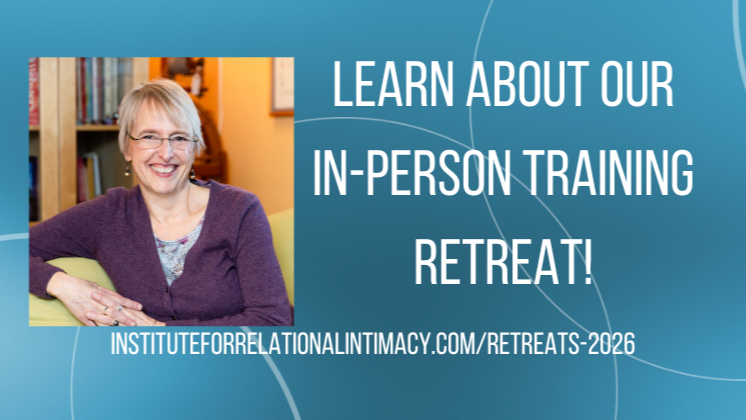Polyamory and COVID-19: Hard Decisions
May 06, 2020
Polyamorous people and people in non-monogamous relationships are experiencing some very specific and unique challenges right now. Many of them are socially distanced from one or more partners, which is difficult in itself, and made much more difficult by the fact that, for most polyam people, it’s very hard to access adequate emotional support, because they may face judgement and shaming if they speak openly about their relationship with family members, neighbors, and friends.
I’m going to be writing and vlogging much more about the challenges polyamorous people face, but today, I want to specifically talk about safer contact. I say “safer contact” because, just as there’s no such thing as completely safe sex, there’s no such thing as completely safe contact. You can’t tell by looking at someone if they have a sexually-transmitted infection, and you can’t tell by looking at someone if they have COVID-19. There’s no way to entirely eliminate risk, just ways to reduce it.
People in monogamous relationships who live together are probably going to make the decision about whom to have close contact with based simply on who lives in their home. But people who are in polyamorous relationships, who don’t necessarily live with all their partners, have a much harder decision. It’s similar in a sense to deciding who’s going to be in your safer-sex group of fluid bonding, and what precautions you’re doing to take to keep yourself and your partners safe when you have sex with people outside the group. In this case, rather than talking about using condoms, we’re talking about using masks, gloves, hand-washing, and social distancing.
Of course, I’m not an expert on how COVID-19 is transmitted. Just like everyone else, I’ve read a ton of articles, and I know that the information is changing all the time. However, I think it can be useful to take this attitude: “When I spend time with people who aren’t in my little tiny germ-sharing social circle, how am I going to protect myself as if I were hanging out with someone who has COVID? How would I protect myself sufficiently that I feel confident I’m not going to bring the virus home to myself, my kids and my partners?”
As you make these decisions, here are a few things to take into consideration:
- How good are you at managing disease transmission? Personally, because I used to be a midwife, I feel very comfortable managing germ transmission. It helps a lot if you can feel confident that you know when your hands are clean and when they’re not, or what surfaces are being touched and which aren’t, because then you can sanitize surfaces without obsessively cleaning everything all the time. You can also think about the other people in your sphere, and how good they are at managing transmission. For instance, if you have toddlers who aren’t going to be able to keep their hands off their faces or off your face, that’s worth considering. Or if you have a housemate or partner who doesn’t have much awareness of which surfaces are clean and which are not.
- What are the health vulnerabilities of people in your sphere? Are you in a low-risk category or a higher-risk category? How about the people that you live with? How about your partners, and the people they live with? If there is anyone in your sphere of contact who is very vulnerable, even if you are not connecting with them directly, it is worth taking their vulnerability into consideration.
No doubt much of this is familiar, from what you’ve read and heard already. Now I’m going to say something that might be a little less popular. I think that, when you’re weighing the pros and cons of spending time in person with any given person, you also have to weigh the emotional consequences.
It may be pretty clear that there are emotional consequences to not hanging out with a lover, because you miss them. If it’s someone who has been an important part of helping keep your mental health stable, it may be potentially damaging to be separate from them. Of course, there are some ways to work around that; stay tuned for my upcoming video about staying connected with people you’re socially distanced from.
However, in addition to considering potential emotional consequences of NOT spending time with someone, it’s also important to consider that there may be some emotional consequences TO spending time with someone in person. What if they get sick? If they catch something from you, you’ll be left to wonder if you could have protected them better, particularly if they are physically vulnerable, or live with someone who is physically vulnerable. You have to make a decision about if you’re going to socially distance from them in part based on whether you’re willing to bear the emotional burden of wondering if you could have protected their health better than you did. In considering these things, it is important to know that at this point, we have seen numerous cases of dire health consequences to people who didn’t seem to be particularly vulnerable in terms of pre-existing health conditions. There is a huge wild card here.
These are very, very hard decisions to make. Everyone is being forced to make these choices right now, but my heart particularly goes out to polyamorous people, because they often don’t have a lot of people to talk to about what they’re going through. My next post will share some tips for polyamorous people to stay connected in this time, so stay tuned; until then, stay safe and stay healthy.






